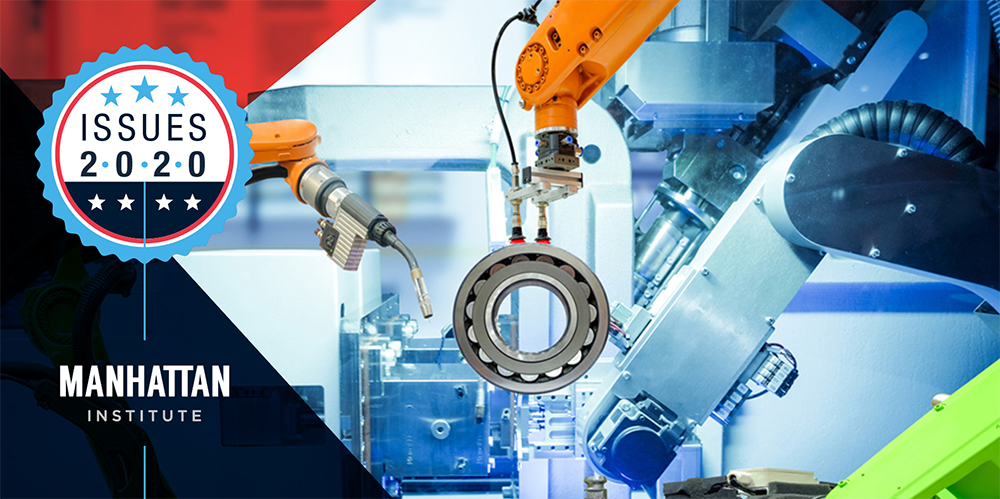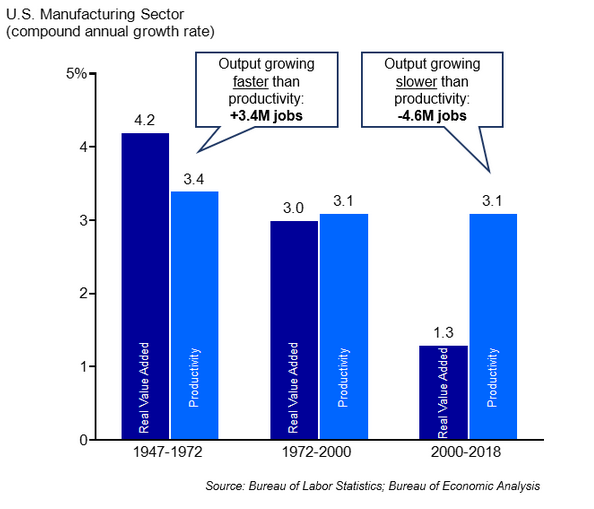- Nov 23, 2021
- 757
- 274

Alan Blinder - Wikipedia
Alan Blinder: “What if people care as much (or more) about their role as producers — about their jobs — as they do about the goods and services they consume? That would mean economists have been barking up the wrong tree for more than two centuries.”
*********************
And good for him for asking the question!
Now, Alan is on the liberal side of the spectrum having served in the Clinton administration in the 1990s. But I have read a conservative
And importantly, I bet we find solutions if we keep looking.
Last edited:



